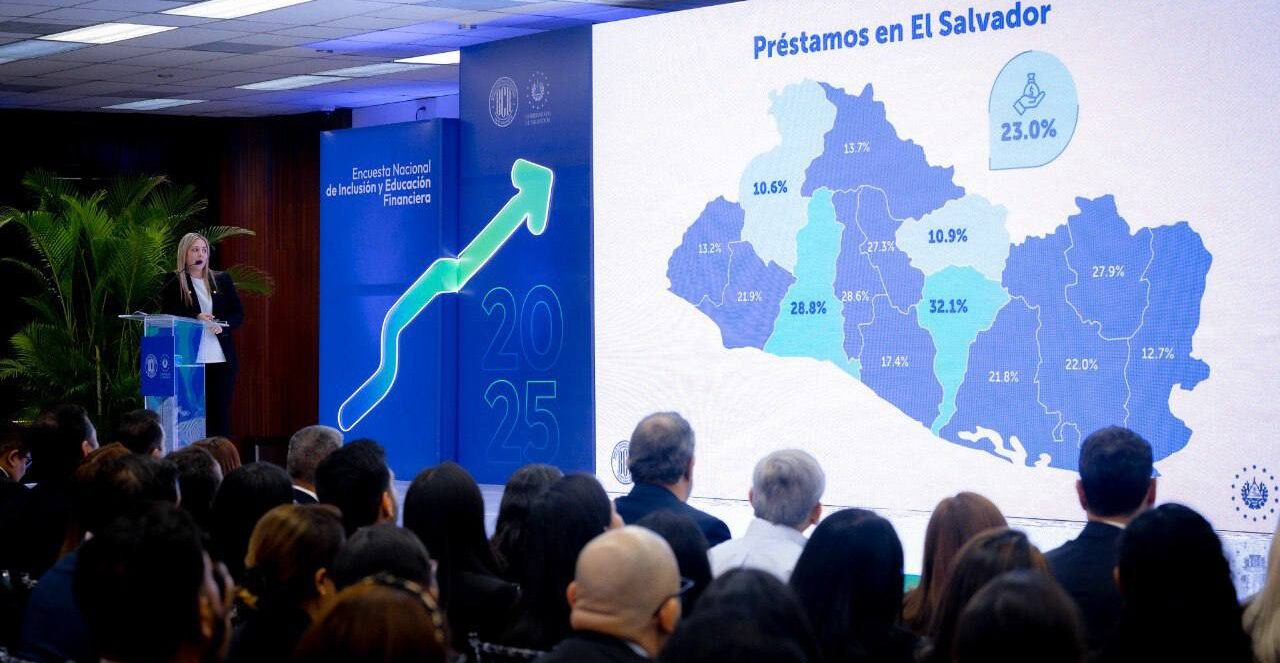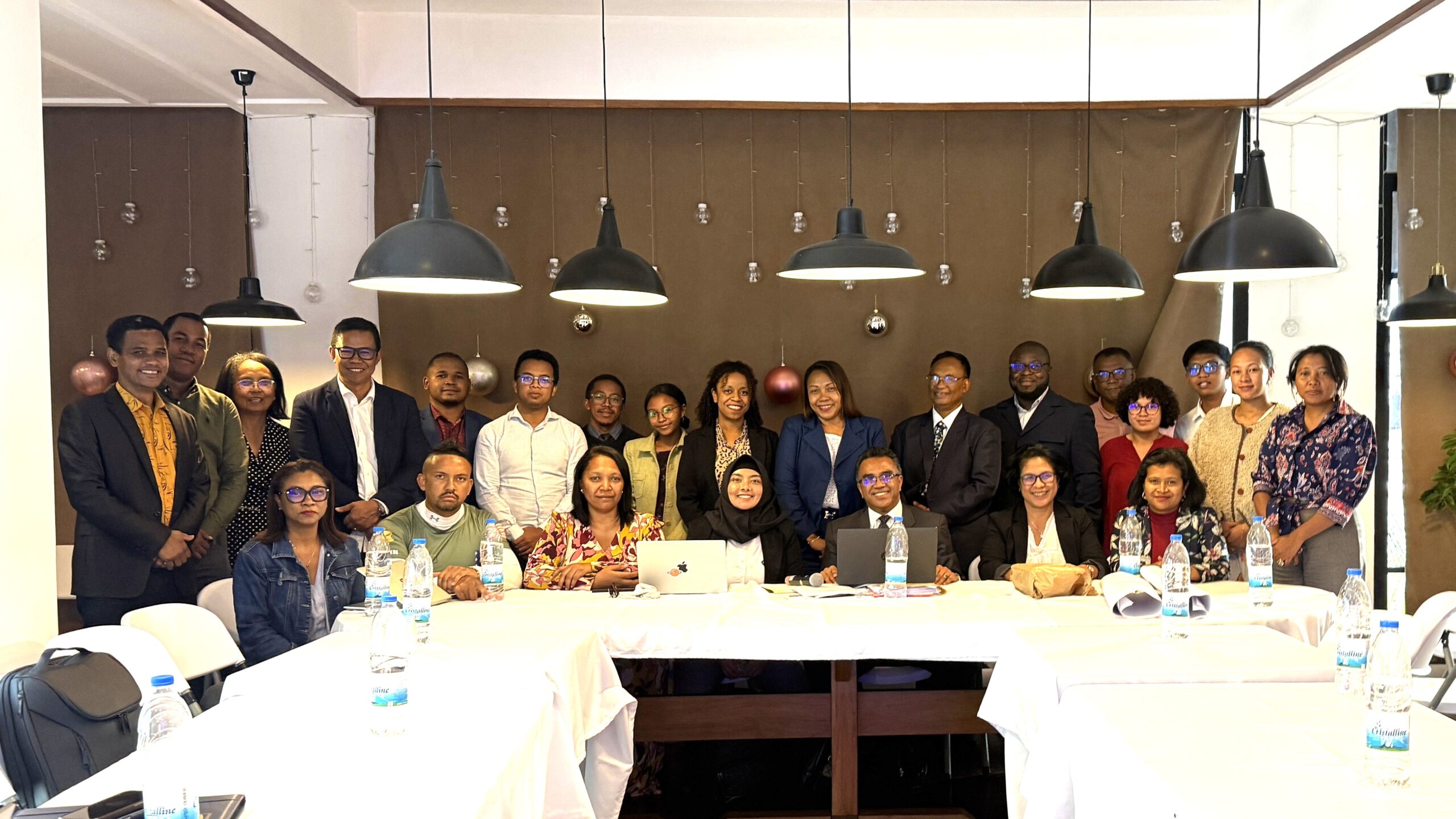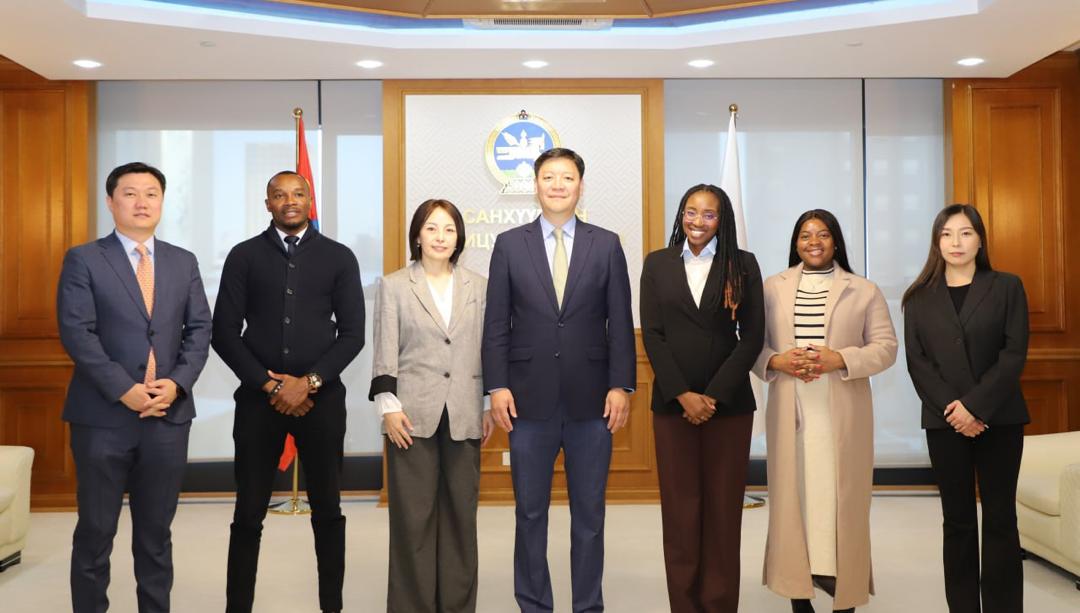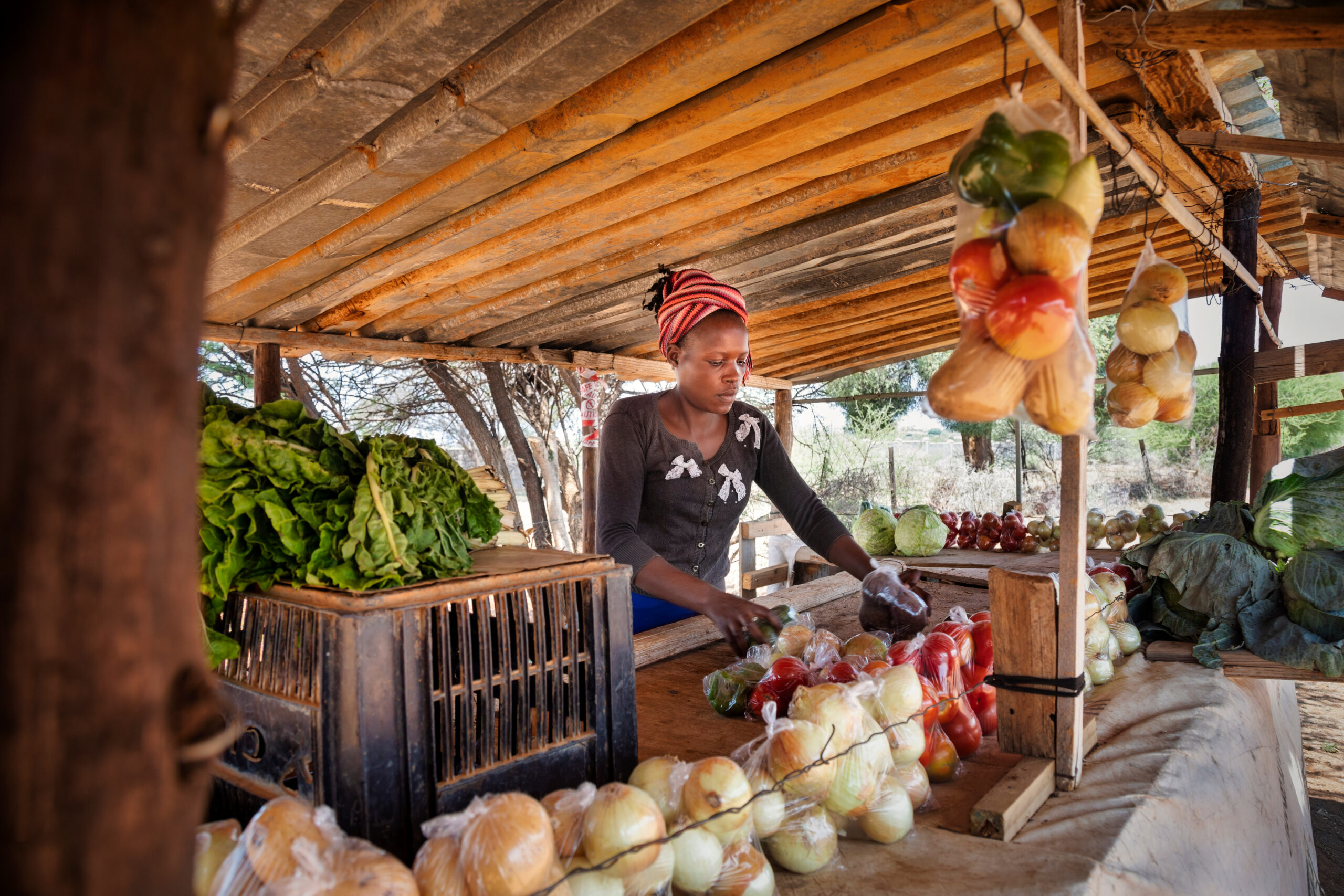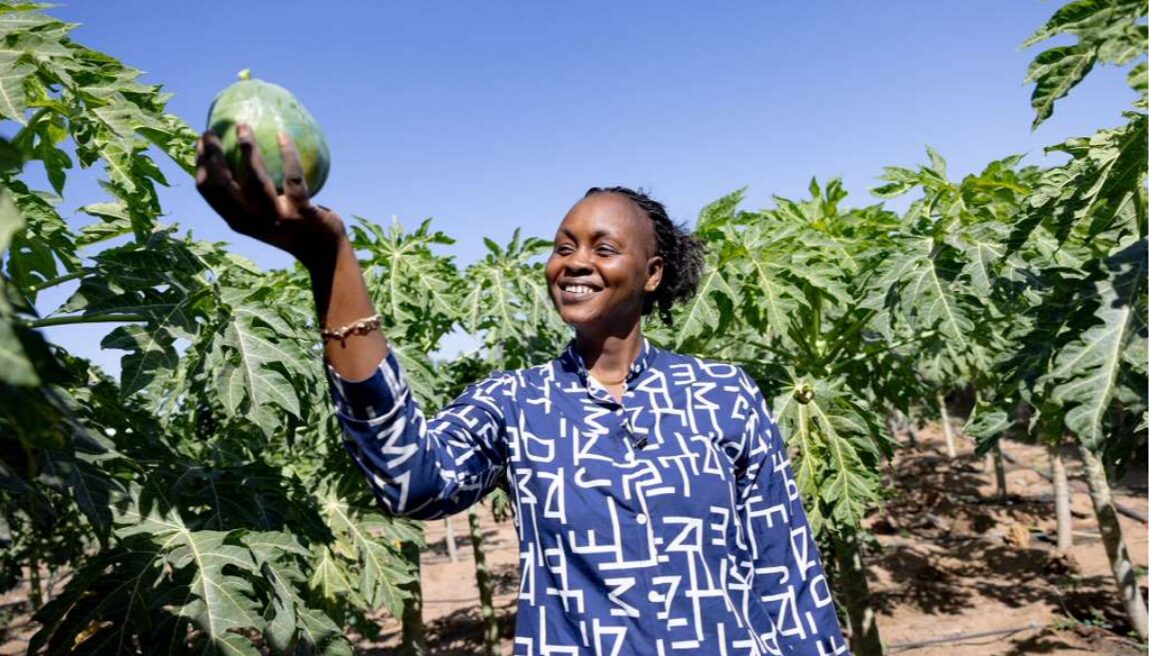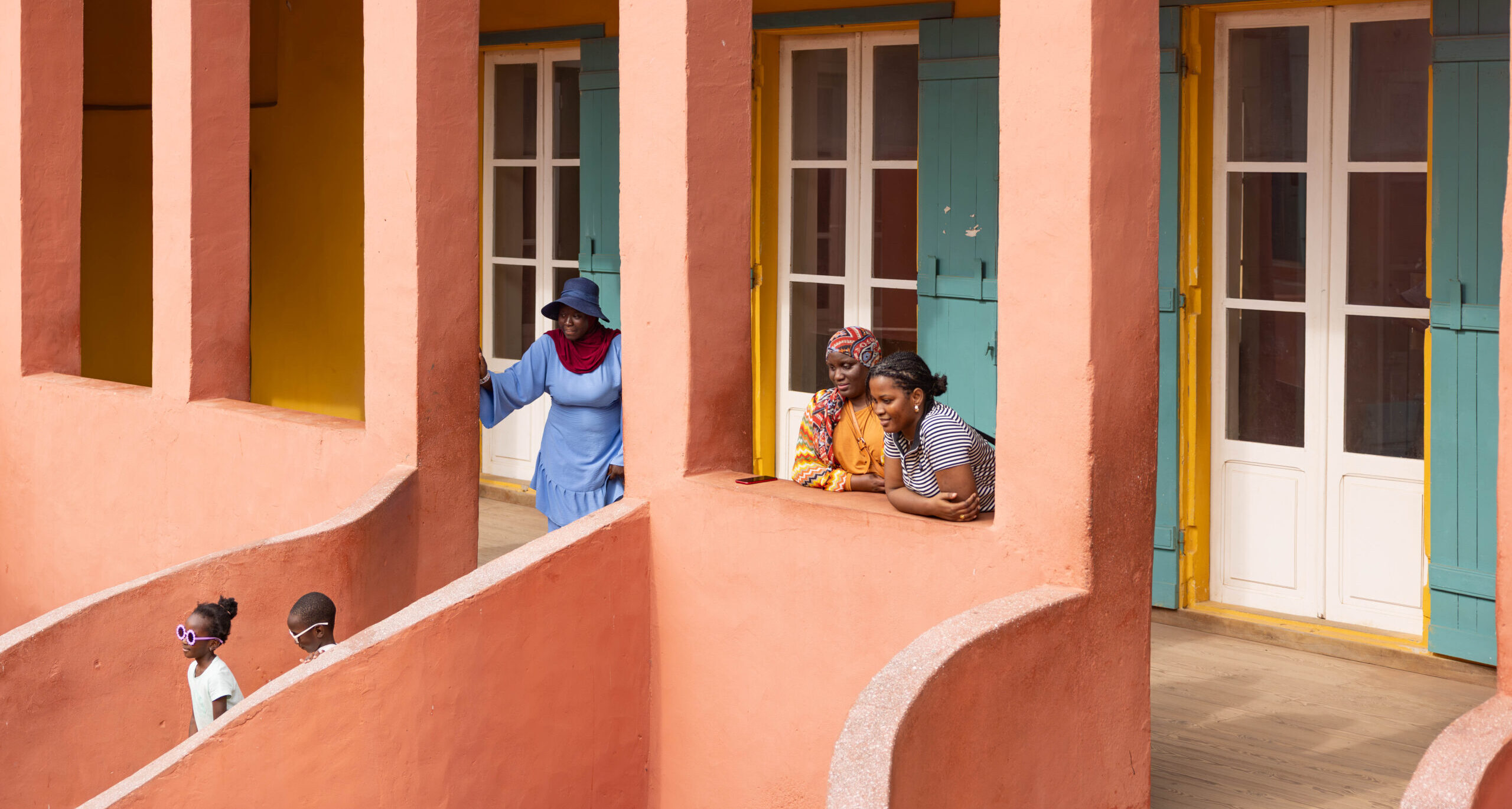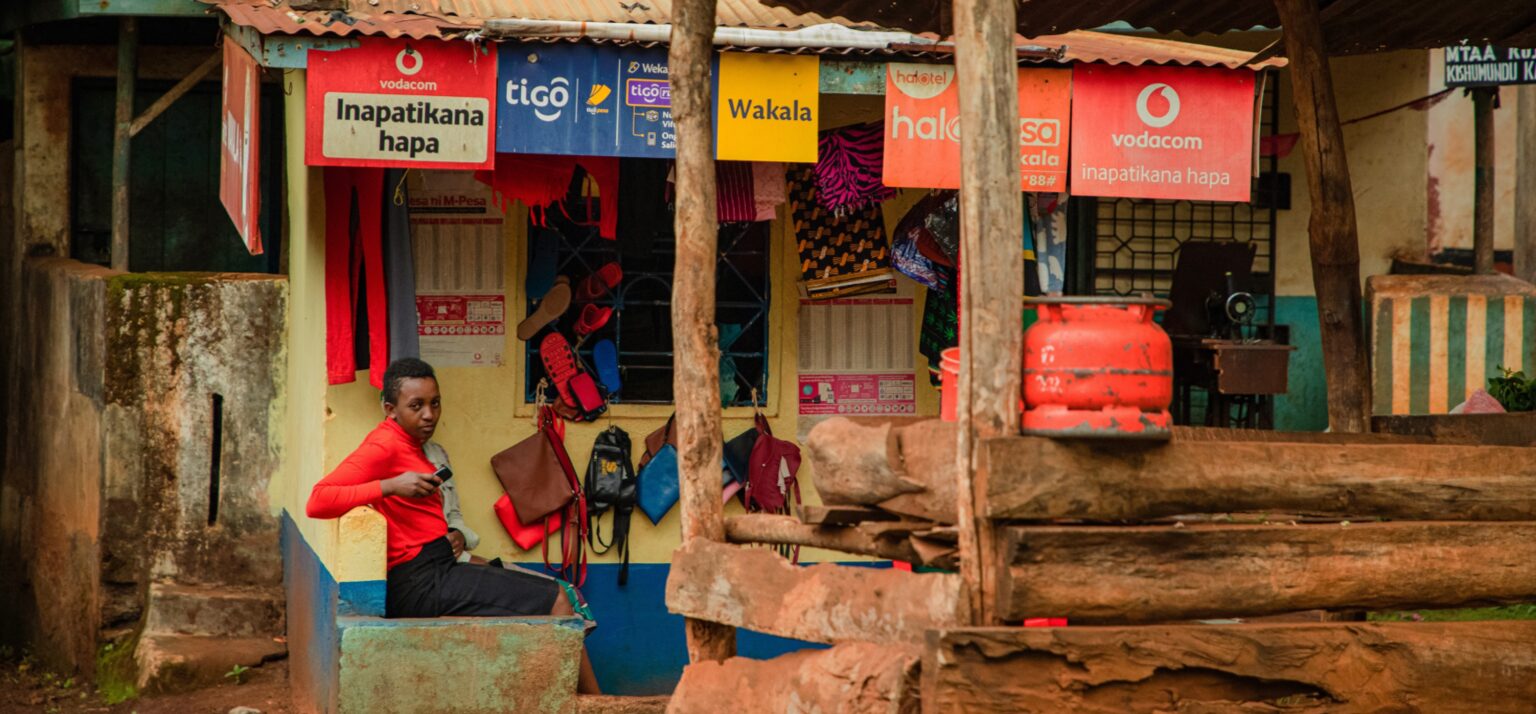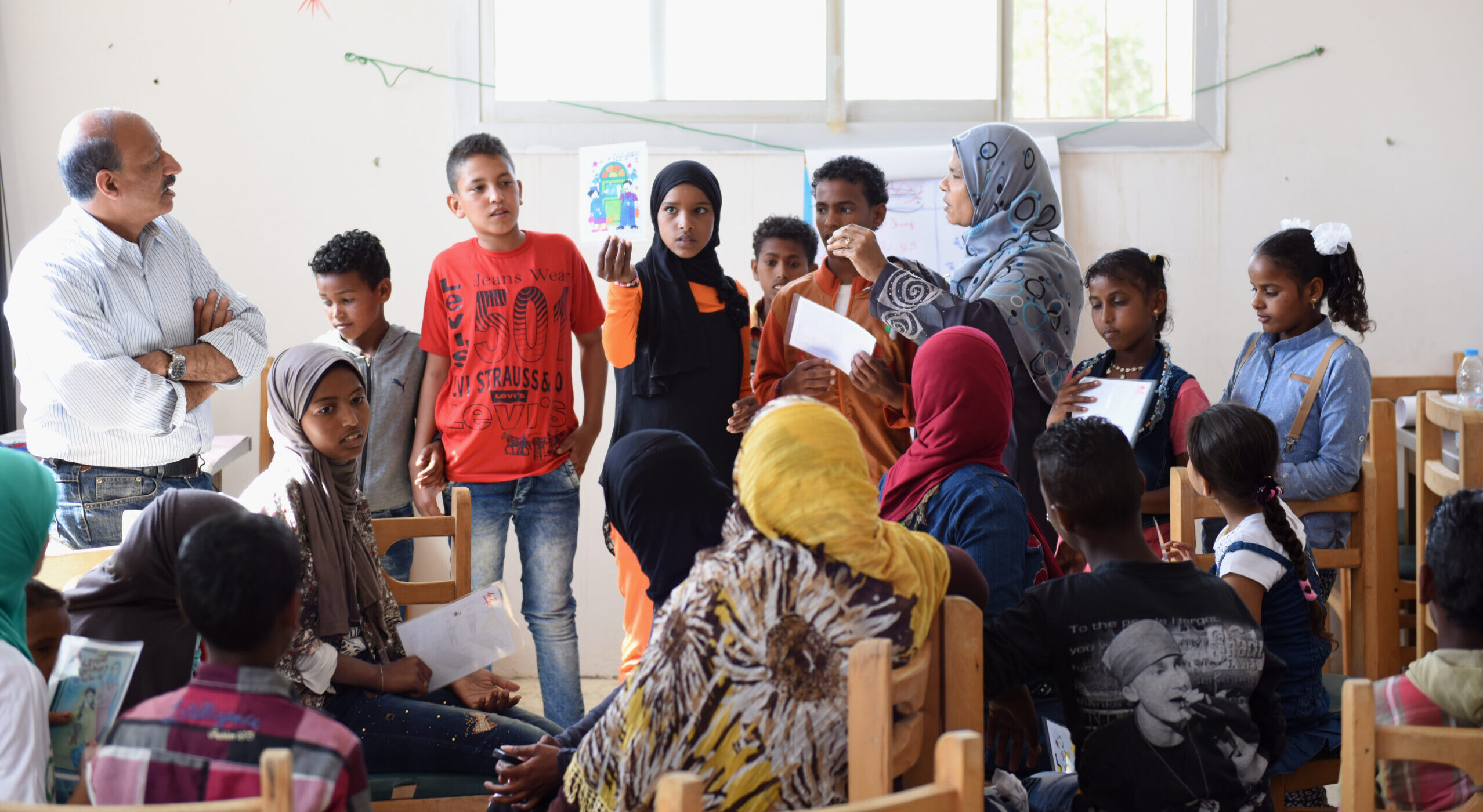Bringing
smart policies
to life
About AFI
Alliance for Financial Inclusion
The world’s leading organization on financial inclusion policy and regulation.
AFI is a policy leadership alliance, owned and led by member central banks and financial regulators in developing countries, that works to ensure that everyone, regardless of their economic status or background, has access to and can benefit from financial services.
0
people financially included
0
member institutions
0
policy and regulatory changes
0
countries
Newsroom
-
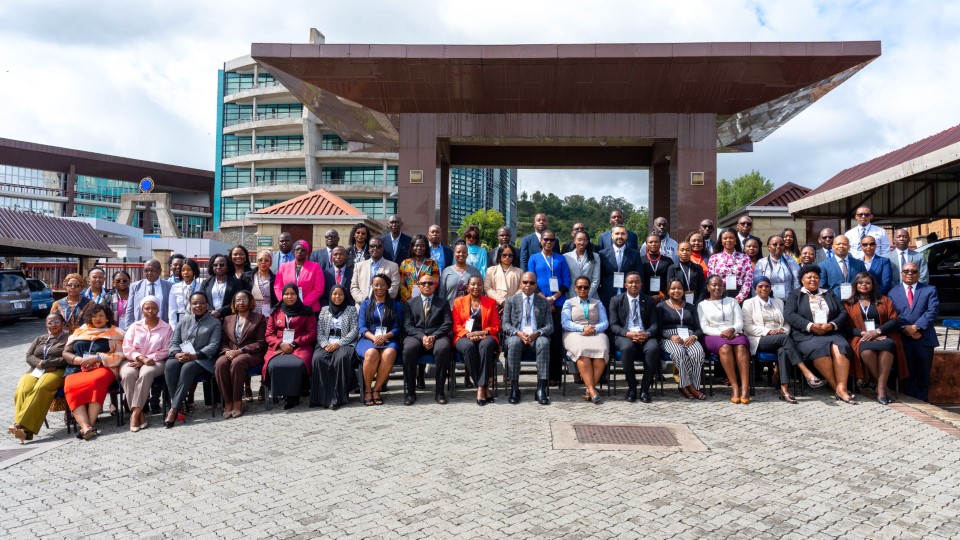
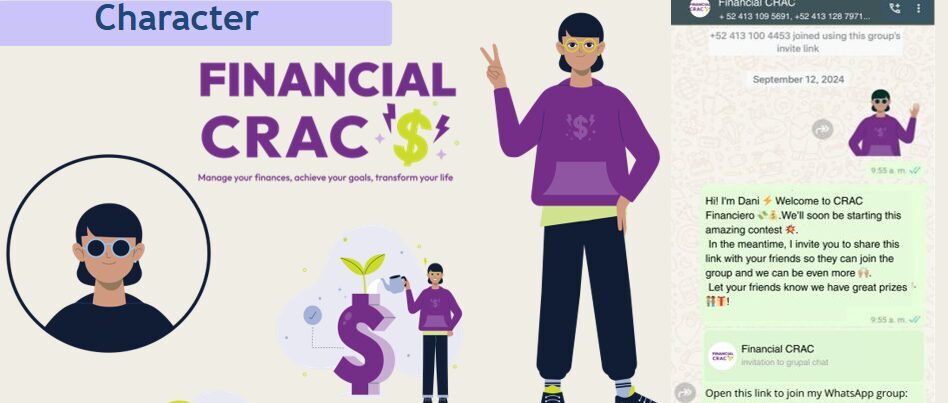

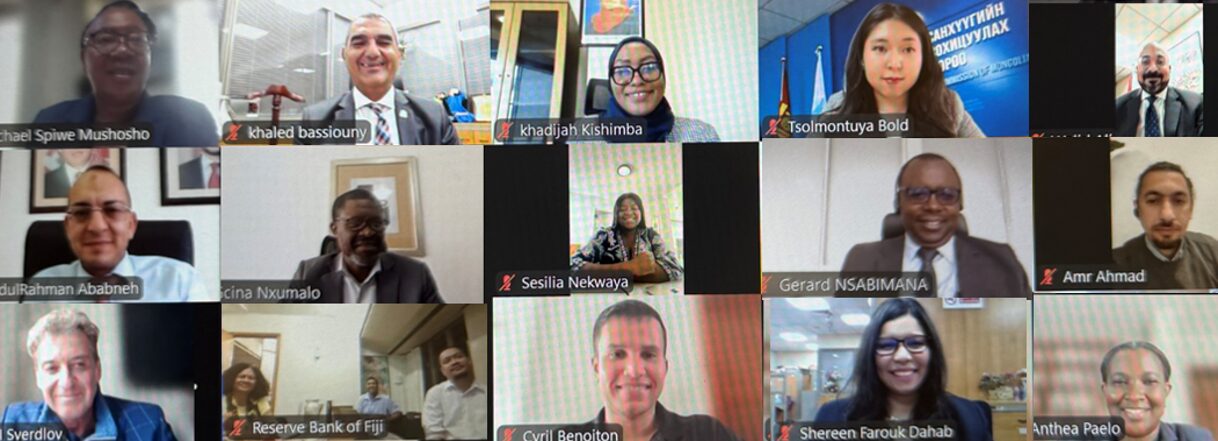
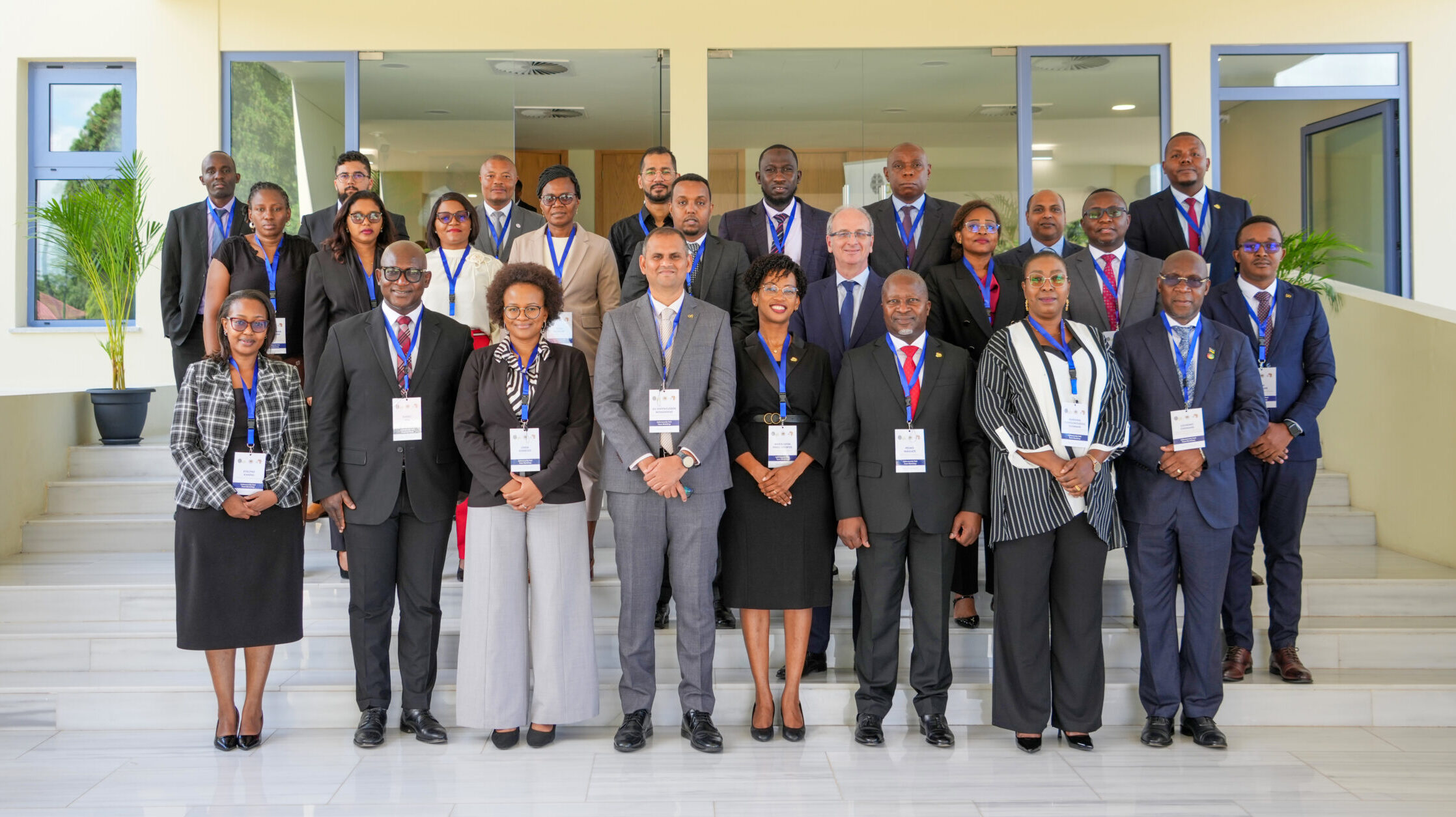
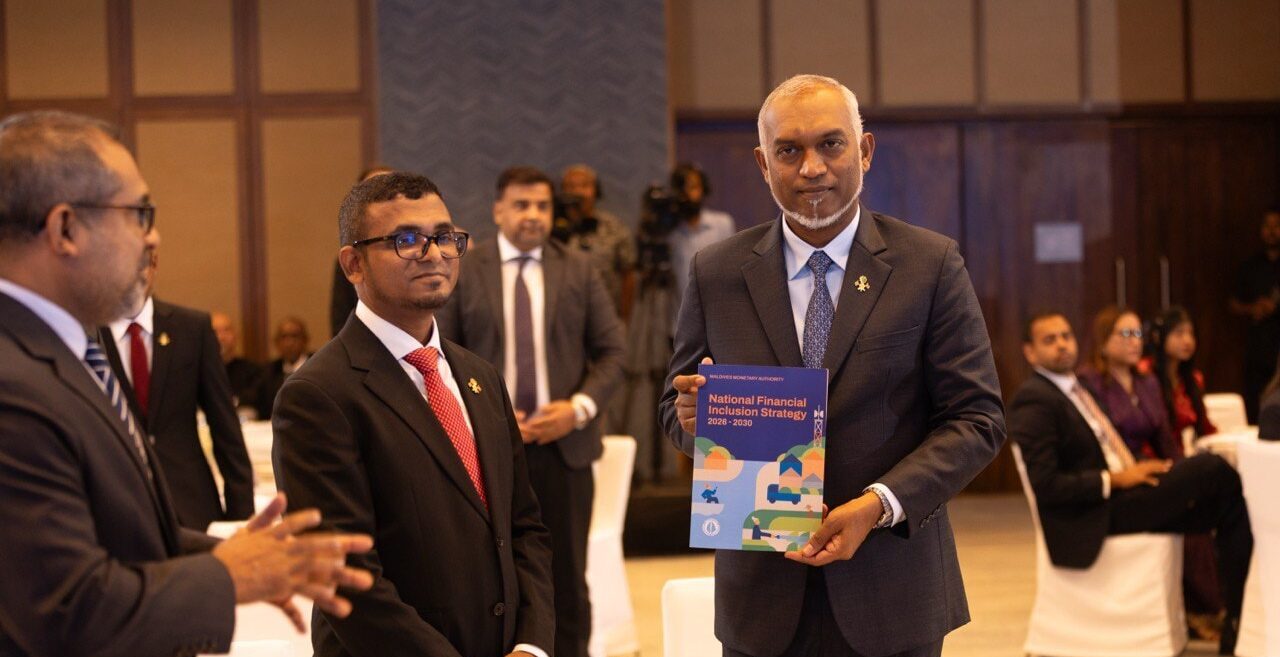 News
News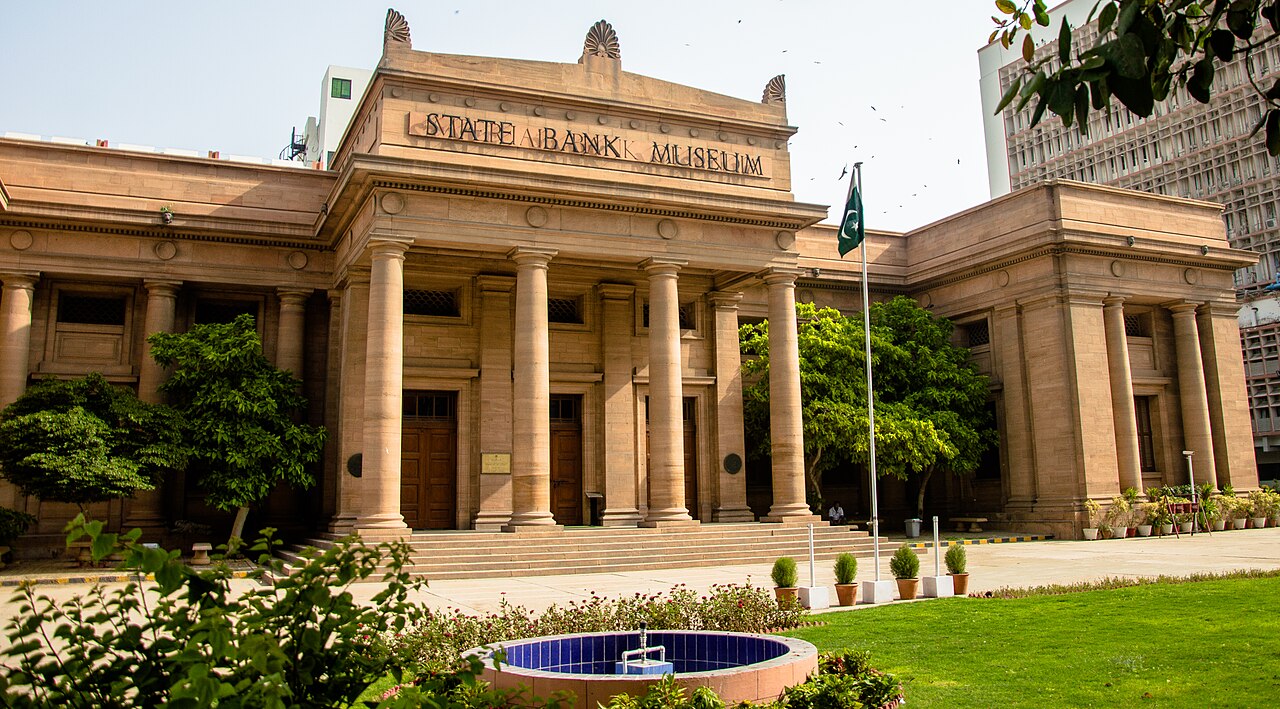
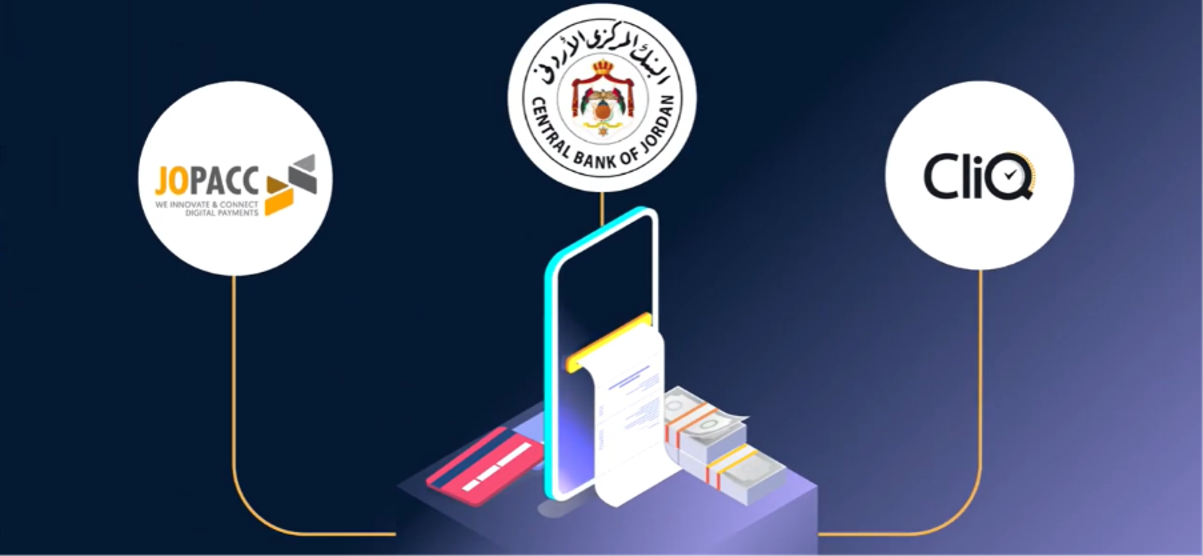 AFI’s global networkInformation, news, reports and insight from and about our global membersDisclaimer: This map is designed to visually demonstrate the geographic distribution of AFI Members. The boundaries shown do not imply an official endorsement by AFI.
AFI’s global networkInformation, news, reports and insight from and about our global membersDisclaimer: This map is designed to visually demonstrate the geographic distribution of AFI Members. The boundaries shown do not imply an official endorsement by AFI.

